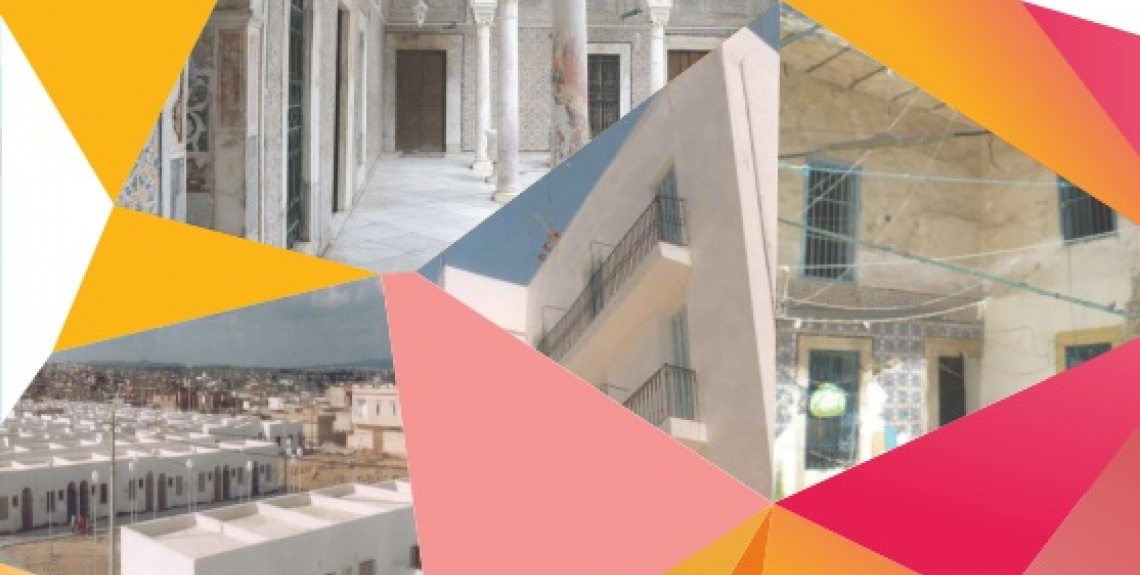The city of Tunis faces complex migration dynamics. A destination for international migration in its own right, Tunis also acts as transit hub for migrants making their way onwards into Europe. Internal migration represents another important facet of the city’s migration profile.
After independence in 1956, the city of Tunis attracted large numbers of internal migrants searching for employment opportunities. The majority of these migrants secured shelter in the city’s historic centre, known as the Medina, where many of the houses and apartments were vacant, as former inhabitants moved to suburban areas in search of modernised housing solutions.
Families moving into the Medina’s abandoned living spaces created so-called Oukalas – a word describing the shared living areas of families from poorer backgrounds. Whilst providing much needed low-cost housing for migrants arriving into Tunis, housing conditions had deteriorated after their abandonment.
As a consequence, Oukalas were often unsafe, unsanitary and overcrowded. To address these challenges, the Municipality of Tunis initiated in 1991 the Oukalas Project. Structured around two main objectives, the project aimed to improve living conditions for residents of the Medina, many of whom were internal migrants, whilst also restoring historic buildings and monuments in the neighbourhoods. The project ended in 2012 and reached more than 3,000 households.
This case study was developed in the framework of the Mediterranean City-to-City Migration Project (MC2CM), a project coordinated by ICMPD and funded by the European Union and the Swiss Agency for Development and Cooperation. The MC2CM project has been working since 2015 with Amman, Beirut, Lisbon, Lyon, Madrid, Tangiers, Tunis, Turin and Vienna to increase the knowledge base on urban migration.
Additionally, the project has sought to nurture a peer-to-peer dialogue and mutual learning on specific urban challenges such as social cohesion, intercultural dialogue, employment and provision of basic services for migrants, among others.


